Key points about using 'avant de' and 'aprУЈs avoir' in French
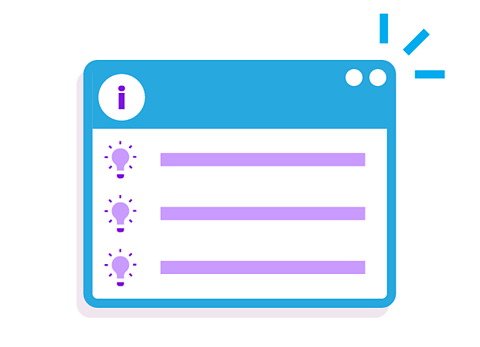
Use avant de followed by an infinitiveThe basic form of the verb. In French, all infinitives end in '-er', '-ir' or '-re'. to mean тbefore (eg doing)т.
Use aprУЈs avoir followed by a past participleWords that express a completed action. They usually end in '-ed' in English, eg watched, danced, visited. to mean тafter (eg doing)т.
Using 'avant de' with an infinitive
Use Sorry, something went wrongCheck your connection, refresh the page and try again. followed by an infinitive to mean тbefore (eg doing)т.
For example:
Avant de recycler du plastique, il faut essayer de le rУЉutiliser. т Before recycling plastic, you should try to re-use it.
Nous avons jouУЉ au foot avant dтaller au cinУЉma. т We played football before going to the cinema.
Using 'avant de' with an infinitive - Mini quiz
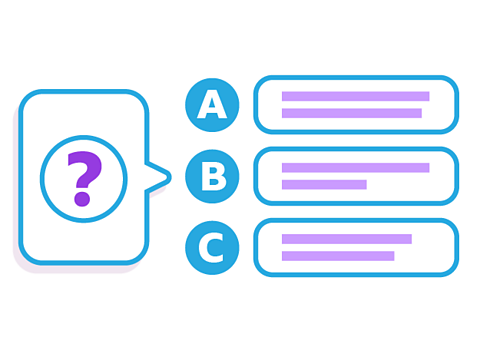
What is the French translation of the following sentence?
I must do my homework before watching TV.
Je dois faire mes devoirs avant de regarder la tУЉlУЉ.
Using 'aprУЈs avoir' with a past participle
Use Sorry, something went wrongCheck your connection, refresh the page and try again. followed by an infinitive to mean тafter (eg doing)т.
For example:
AprУЈs avoir fait mes devoirs, jтai regardУЉ la tУЉlУЉ. т After doing my homework, I watched TV.
Il faut boire de lтeau aprУЈs avoir jouУЉ au tennis. т You need to drink water after playing tennis.
If the verb takes УЊГйАљБ№ in the perfect tense, use aprУЈs УЊГйАљБ№.
For example:
AprУЈs УЊГйАљБ№ allУЉe au supermarchУЉ, elle a cuisinУЉ. т After going to the supermarket, she cooked.
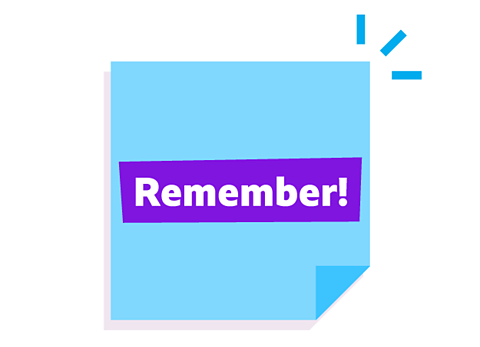
Remember
When the verb in the sentence takes УЊГйАљБ№ in the perfect tense, the past participle must agree with the subject of the sentence.
Using 'aprУЈs avoir' with a past participle - Mini quiz

What is the French translation of the following sentence?
They are going to go to the park after watching the film.
Ils/elles vont aller au parc aprУЈs avoir regardУЉ le film.
Quiz - Using 'avant de' and 'aprУЈs avoir' in French
Practise what you've learned about using avant de and aprУЈs avoir in French with this quiz.
Now youтve learned about using avant de and aprУЈs avoir, why not explore the conditional mood?
More on Prepositions
Find out more by working through a topic
- count1 of 5
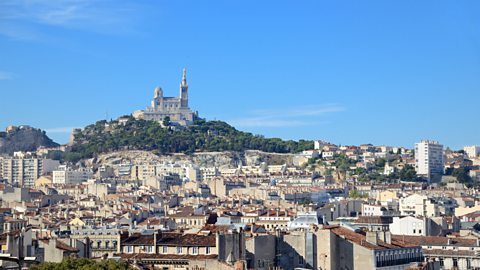
- count2 of 5
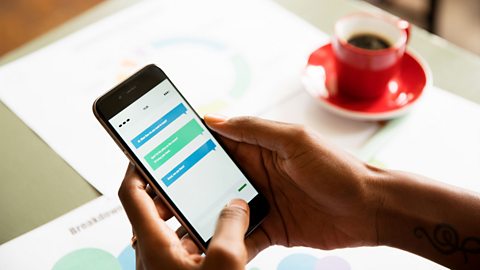
- count3 of 5
